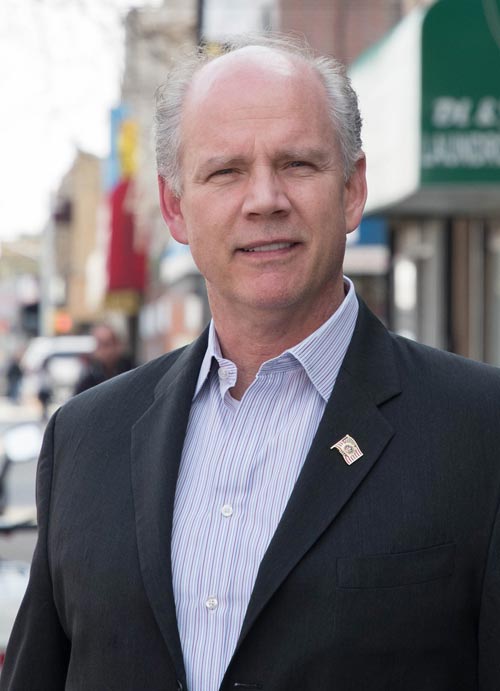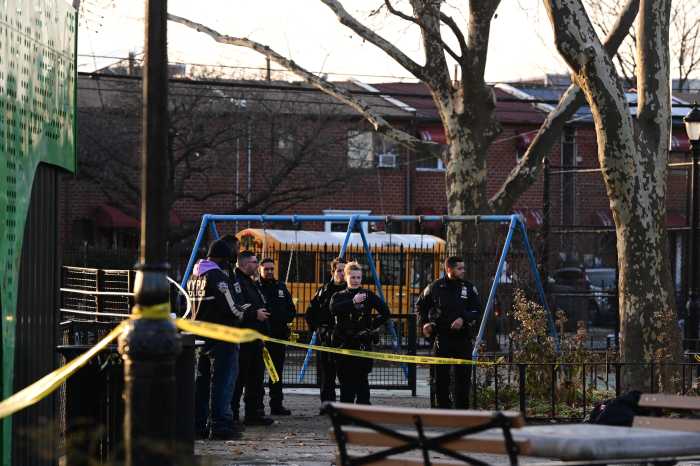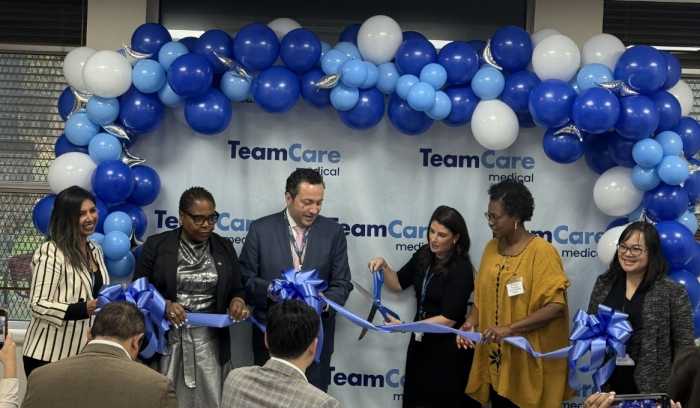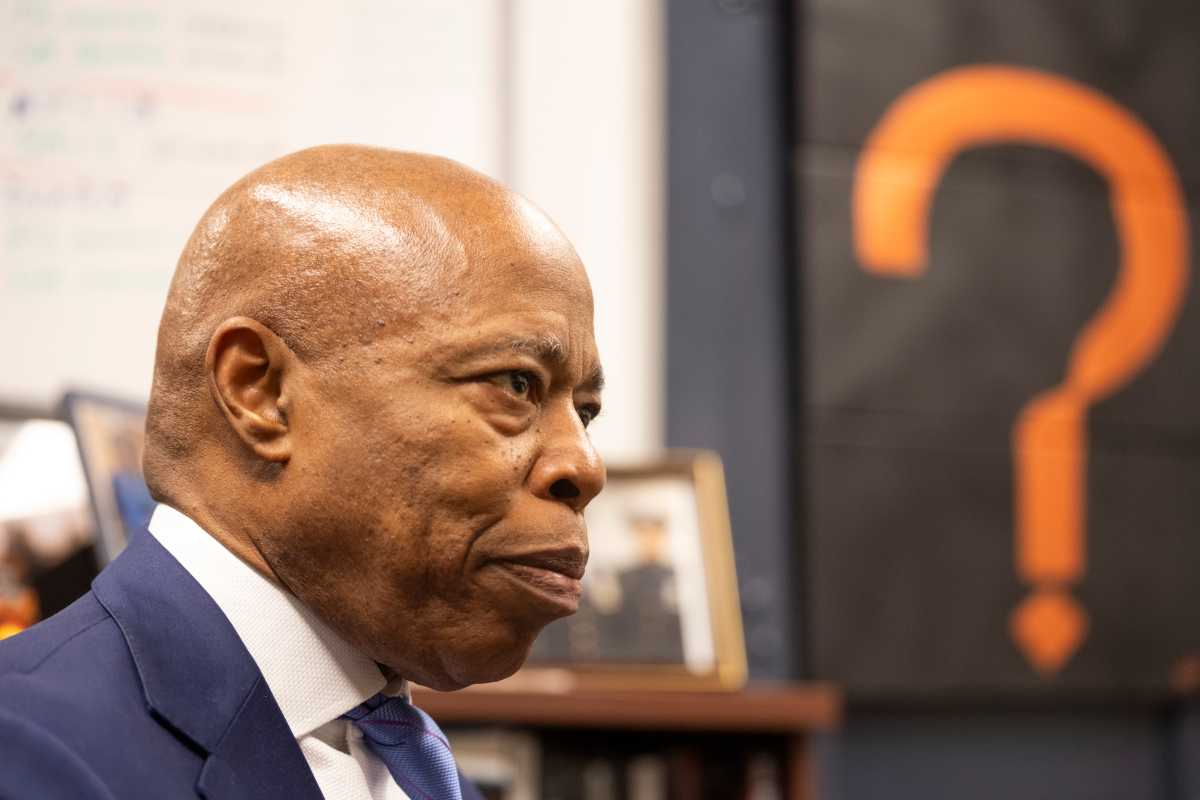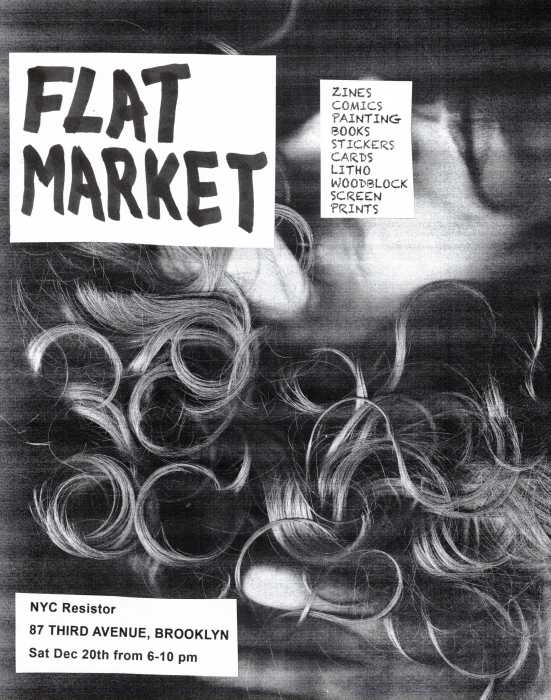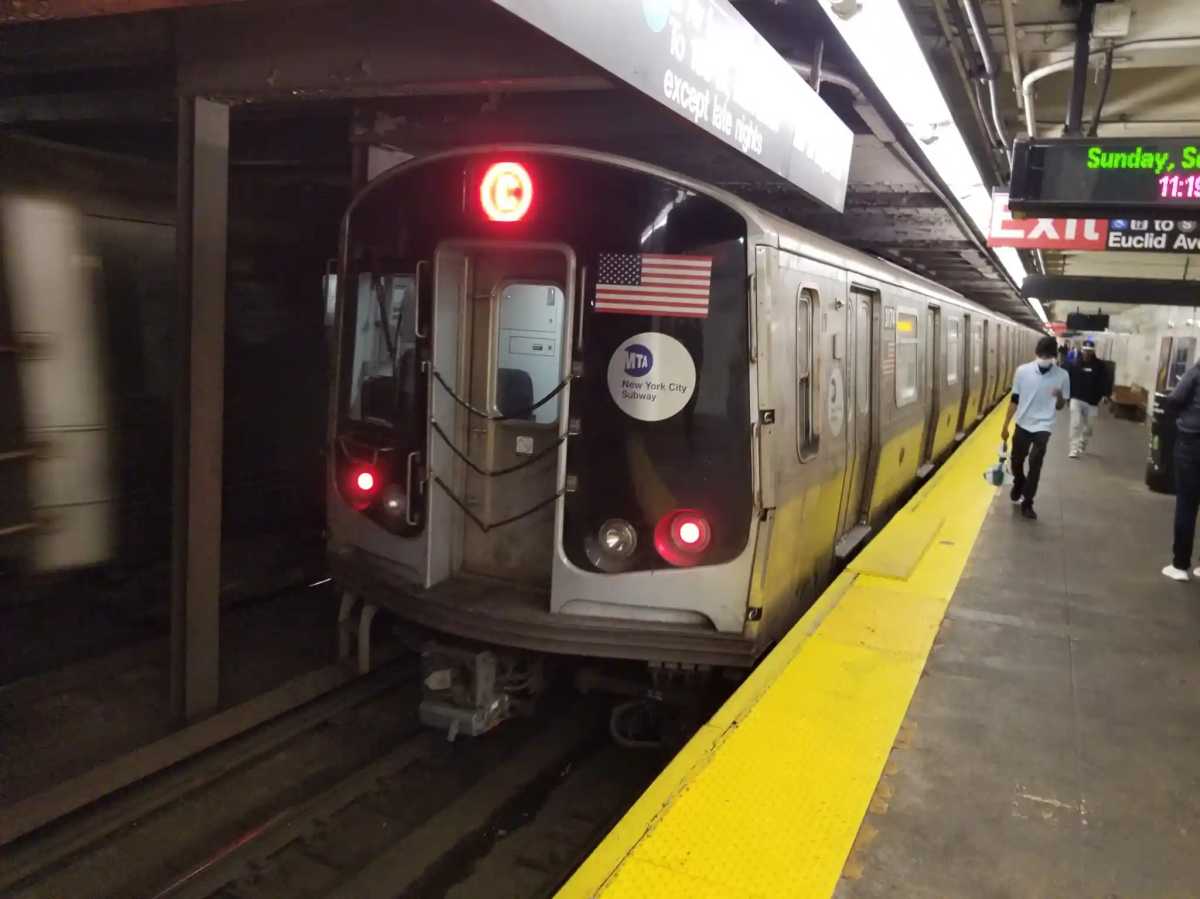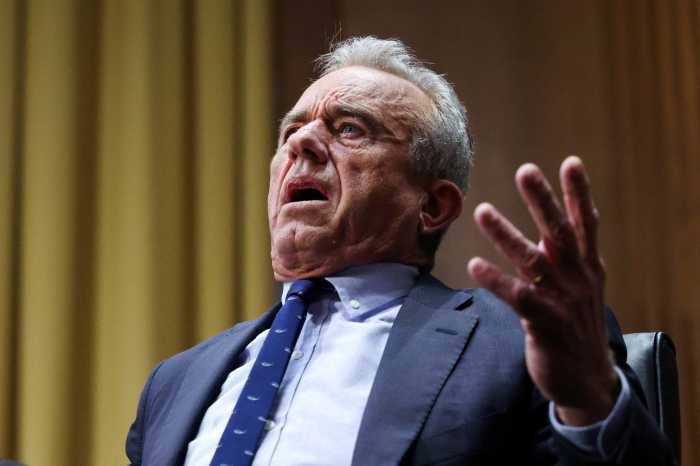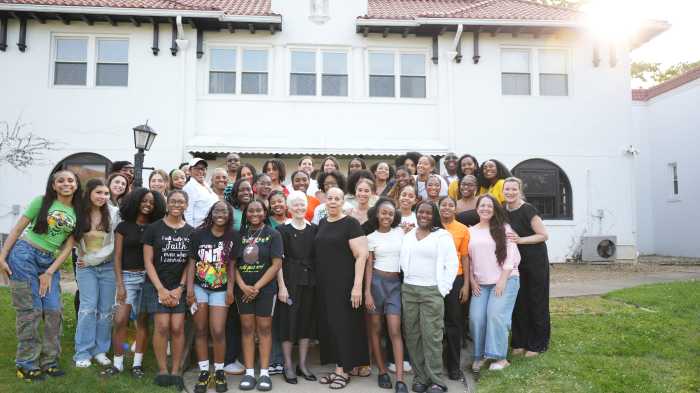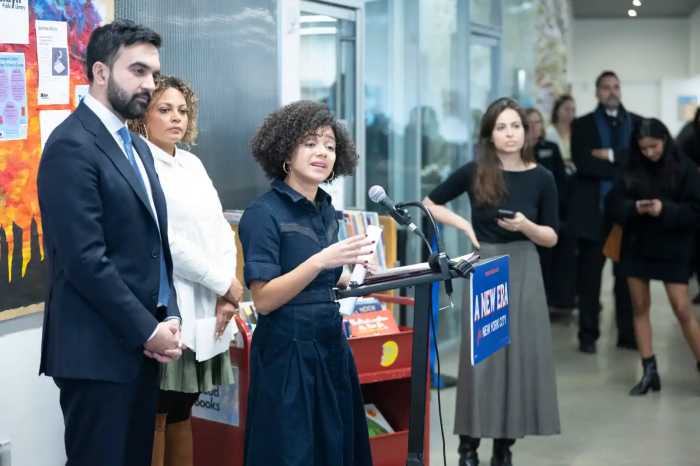Brooklyn’s lone Republican Congressman Dan Donovan, in office for nearly two years, spoke to Bay Ridge’s hometown paper about some important issues in the Brooklyn slice of the 11th Congressional District — answering questions on President Trump’s American Health Care Act (it needs work), the recent Gravesend oil spill (information should have been made public about it), and why he prefers secret meetings to town hall meetings (there are fewer disruptions).
Caroline Spivack: So what would a new-and-improved American Health Care Act need to have or not have to earn your vote?
Dan Donovan: There are so many things. What the proposed repeal would have done to seniors I thought was awful. Right now, insurance companies can charge seniors about three times as much as they charge a young healthy person. The replacement plan was going to allow insurance companies to charge seniors five times as much. At a time when many are on limited income and probably at the time of their lives when they need health care the most … so I had a laundry list of things that I felt hurt the people I represent.
CS: What in particular is a must for you to vote yes?
DD: All those things I just described I think need adjusting to make sure that, again, we’re helping people who we promised we’d help without harming people we promised we wouldn’t harm.
CS: You recently wrote a letter to the Environmental Protection Agency about its notification process for the Gravesend Bay oil spill, have they responded?
DD: No, we haven’t heard anything from them yet.
CS: Do you think the Environmental Protection Agency and other agencies could have done a better job letting the public know about the spill?
DD: Anytime you have a spill, I understand that their immediate response is, “We don’t have an obligation.” You’re talking about our environment, you’re talking about the people who live in that area, people who work in that area, contaminations that can be caused by such a spill. There’s some things government should do even though they’re not required, and allowing people to know that this happened is — I think — something they should have done regardless of whether or not they were required to notify the community.
CS: But your office didn’t feel it was appropriate to alert your constituents?
DD: We were still getting data. You know, we were still waiting — we’re still waiting for responses now. I don’t know if they’ve assessed the entire thing. So if they said to me, ‘This is now in the water.” I don’t know as a congressman if that’s a good thing, bad thing, harmful thing — they’re the ones that have to tell the public this is now in the water, and this is what it causes, this is what it doesn’t cause. I think it’s their responsibility.
CS: You’ve taken a lot of heat lately about not hosting a town hall, some of your constituents are hosting their own and invited you. Why did you decline their invitation?
DD: I don’t think they’re productive. We attempted to have a large group meeting at the Brooklyn Chamber of Commerce months ago where 150 members of the Brooklyn Chamber of Commerce who came to exchange ideas, ask me questions, hear what my positions were on Health Care — not one person who went there got the opportunity. It was disruptive. People had to be removed by the police. So instead I chose to have meetings. You’re my eighth meeting today. I’ve seen people one-on-one. I’ve had a group of six mothers who are against gun violence here today … it would be very easy for me to stand up for an hour in front of 300 people and let them yell, I’ve been in public life for 25 years, it’s not for me that I’m doing this. It’s for the people that I want to do what we’re doing now. Or those six mothers who came today, where if they went to a town hall, would have never gotten to tell me what they wanted to tell me.
CS: Some of your Brooklyn constituents say they feel overlooked. How would you respond to them?
DD: I don’t know why they would feel that way. I spend as much time in Brooklyn as I do in Staten Island, but I was in Washington for the last six weeks and that’s where they sent me to do my work.
CS: You spoke at the Iron Hills Civic Association in Staten Island the other day. Do you plan on speaking at a Brooklyn civic association any time soon?
DD: Yes, I am speaking at one next week.
CS: Where do you plan on speaking?
DD: I’ll tell you when it’s over, because I don’t want your readers showing up and disrupting it. It’s a meeting I was invited to and I’m not going to disrupt those folks’ meeting. It’s not my meeting.


